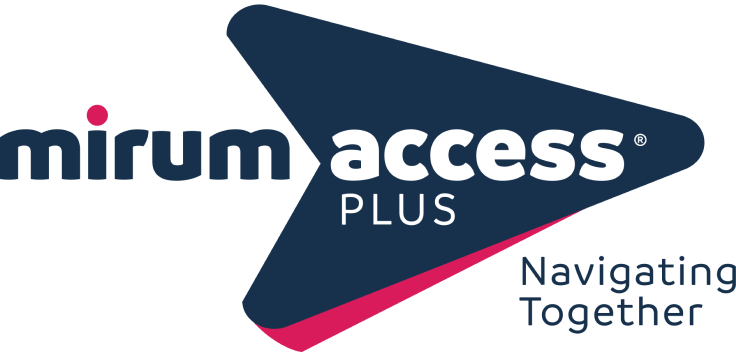When it comes to fat-soluble vitamins, nutrients, weight, and growth…

Not an actual patient.
CHOLBAM is a cholic acid replacement therapy that may help patients with bile acid synthesis disorders (BASDs) lower liver enzymes and improve certain growth parameters.
The safety and effectiveness of CHOLBAM on symptoms outside of the liver have not been studied.
Talk to a health care provider to learn more about CHOLBAM.
Stay Up to Date
To receive more information about CHOLBAM as it becomes available, please fill out this form.


